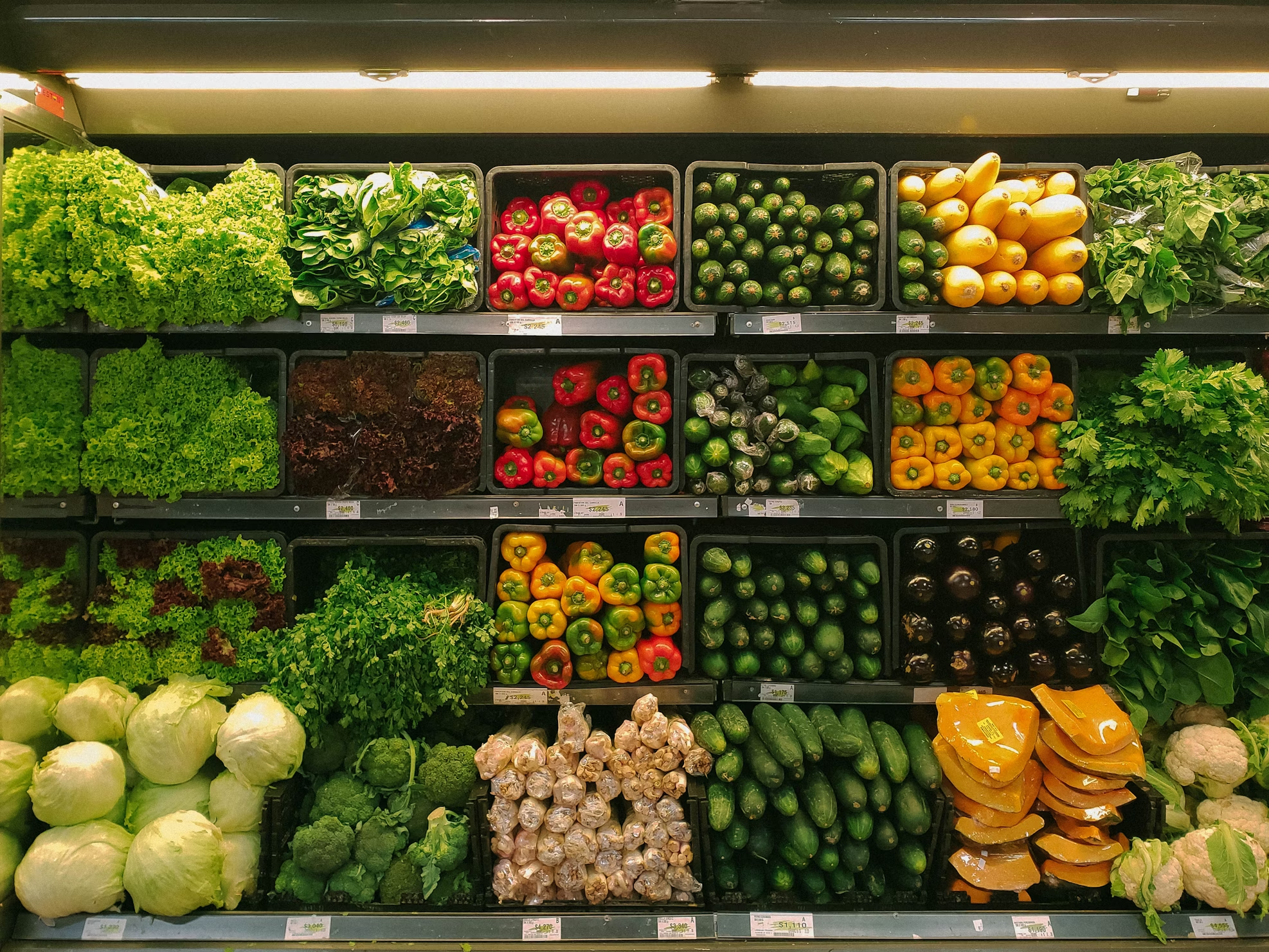Countering Charlebois on counter-tariffs
Sylvain Charlebois’s recent op-ed “Counter-tariffs drove up cost of groceries in Canada” misrepresents the impact of Canada’s retaliatory tariffs on food prices. Canada put counter- tariffs on selected food and beverage items in response to President Trump’s threats to use economic warfare to force Canada to become the 51st state.
The products selected for counter-tariffs were chosen for their easy availability from within Canada or from countries other than the USA. Canada’s counter-tariffs apply to imports of dairy, eggs and poultry — and thanks to Supply Management, our domestic production of these products fully meets consumer needs. Ketchup and processing tomatoes are tariffed — and Canada has a strong tomato processing and canning sector based in Leamington, Ontario. Prepared mustard is tariffed — Saskatchewan is the world’s largest exporter of mustard seed, and there are many Canadian processors that could meet Canada’s condiment needs. Wheat, oats, rye and barley are tariffed — products that Canada exports: we have no need for US-origin grain. Citrus fruits are tariffed, and we normally buy about ⅔ of them from the United States — but since January 2024 that’s gone down to half, and we’re sourcing more oranges, lemons and limes from other countries.
Charlebois implies that most fresh produce is tariffed, but the opposite is the case. The only tariffed vegetables are tomatoes and green beans. There is no tariff on broccoli, lettuce, onions, apples, bananas, grapes, blueberries, or strawberries, to name a few. Our Trade Commissioner Service has made this easy to look up online at http://www.tariffinder.ca.
There is no counter-tariff on beef or pork. Beef prices are up dramatically on both sides of the border — where herd sizes are shrinking and feed costs are up due to a multi-year drought. Just two foreign multinationals, JBS (Brazil) and Cargill (USA) slaughter over 90% of Canada’s beef cattle, and thus have a huge say in wholesale beef prices. Pork production is vertically integrated, and slaughter is nearly as concentrated as beef. Our beef and pork sectors are also tightly integrated with the American beef and pork industry, so it is not surprising that Canadian prices are highly influenced by currency exchange as well as market conditions in the USA.
When our dollar is low in relation to the US dollar, imported food is more expensive. We became more dependent on imported produce and processed food due to decades of export-focused agriculture policy. The consumer-driven commitment to buy Canadian (even without tariffs) will increase our capacity to produce the food we need and reduce the impact of currency fluctuations on grocery prices.
The statistics Charlebois cites to make his case that counter-tariffs are causing food price inflation are annual figures — yet the counter-tariffs, which apply to only a few grocery products, have been in place for barely three months. Better explanations for rising food prices are factors such as the currency exchange rate and the monopoly power of large corporations in the food system—particularly in food processing and grocery retail.
Canada’s grocery sector is highly concentrated. Just five companies control over 80 percent of grocery sales – Loblaws, Sobeys, Costco, Metro and Walmart. Company financial reports for Loblaws, Metro and Sobeys show that the rate of profit on grocery sales for all three companies increased more than the rate of food price inflation over the most recent quarter. The other two companies’ financial data is not publicly accessible, but is likely similar. It is possible that these companies are taking advantage of consumers’ expectations of inflation, as well as their patriotism, to charge more than necessary for groceries, just as they did during and after the pandemic. Tariffs can be a tool to encourage Canada’s smaller enterprises to provide more of our domestic food production, processing and distribution system.
The cost of living is always a concern for working people. Understanding how and why grocery prices go up and down can help people feel empowered to promote fairness. It is unhelpful when a high-profile individual such as Sylvain Charlebois provides misleading commentary on the impacts of Canada’s counter-tariffs.
Canadians are deeply concerned about Donald Trump’s continual attacks on Canadian sovereignty, as well as his erratic and disruptive economic policies. Many made a point of buying Canadian-made food immediately in response to Trump’s first mention of the “51st state” because they know that a country that cannot feed itself is vulnerable.
Using our household food dollars to support Canadian farmers, farm workers and food processors through our grocery choices started even before the counter-tariffs were announced. If governments at all levels apply the principles of food sovereignty, we can make building a stronger, more equitable Canadian food system a truly nation-building mega-project.
